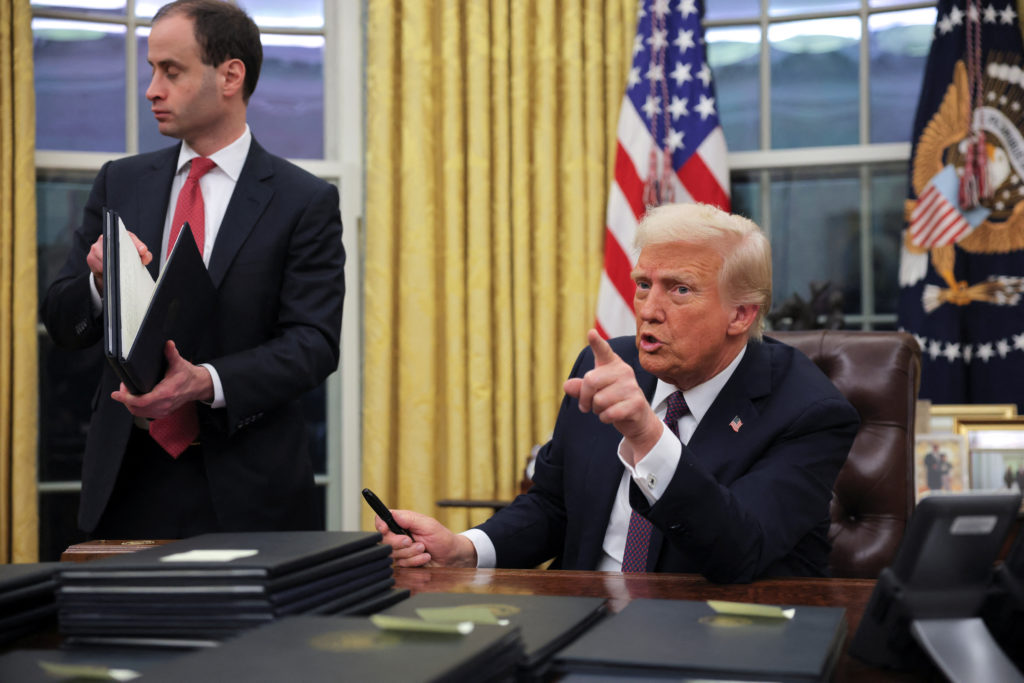President Donald Trump has announced plans for what administration officials describe as the most extensive immigration enforcement operation in U.S. history, targeting undocumented individuals across multiple states. The controversial initiative comes three years into his presidency and intensifies longstanding debates about border security and humanitarian protections.
Unprecedented Scale
The proposed operation aims to identify and deport millions without legal status through coordinated federal efforts. Unlike previous enforcement actions, this initiative reportedly involves multiple agencies working in concert, including Immigration and Customs Enforcement (ICE), Customs and Border Protection (CBP), and local law enforcement partners.
Political analysts note this aggressive stance on immigration formed a cornerstone of Trump's electoral platform. "The administration is delivering on campaign promises that resonated strongly with his base," observes policy expert Kathleen Bush-Joseph. "However, the execution methods raise significant operational and ethical questions."
Rising Tensions and Protests
Communities nationwide have reacted with heightened alarm following the announcement. Los Angeles recently witnessed violent clashes between demonstrators and authorities when enforcement teams appeared in predominantly immigrant neighborhoods. Local advocacy groups report increased fear among families worried about sudden separations.
Legal scholar David Cole warns: "Mass deportation operations inevitably encounter constitutional challenges. Enforcement without proper due process mechanisms risks violating Fourth Amendment protections against unreasonable searches and seizures." Critics have filed multiple lawsuits challenging the legality of the administration's methods.
Policy Implications
The enforcement strategy focuses primarily on individuals with final deportation orders, but immigrant rights organizations argue the broad criteria could ensnare those awaiting court hearings. Andrea Flores of FWD.us cautions: "This approach creates collateral damage - families with legitimate asylum claims or longstanding community ties get caught in the net."
Policy director Nayna Gupta highlights potential ripple effects: "Beyond humanitarian concerns, we're seeing businesses brace for workforce disruptions in agriculture, construction, and service industries that employ significant numbers of immigrant workers." Several agricultural associations have petitioned the administration for exemptions.
Media Analysis
In her "Start Here" analysis, Sandra Gathmann examines how the crackdown aligns with the administration's broader immigration agenda, including border wall construction and asylum restrictions. The segment explores whether operational challenges might hinder implementation given court backlogs and sanctuary city policies.
As enforcement actions escalate, congressional leaders remain divided along party lines. Democrats propose legislative protections for certain immigrant groups, while Republicans emphasize border security funding. With the Supreme Court likely to weigh in on contested aspects, this enforcement drive appears set to dominate political discourse through the election cycle.
The coming months will test both the administration's operational capacity and the nation's response to what could become a defining episode in America's immigration history.








Comments (0)
Leave a Comment
Be the first to comment on this article!